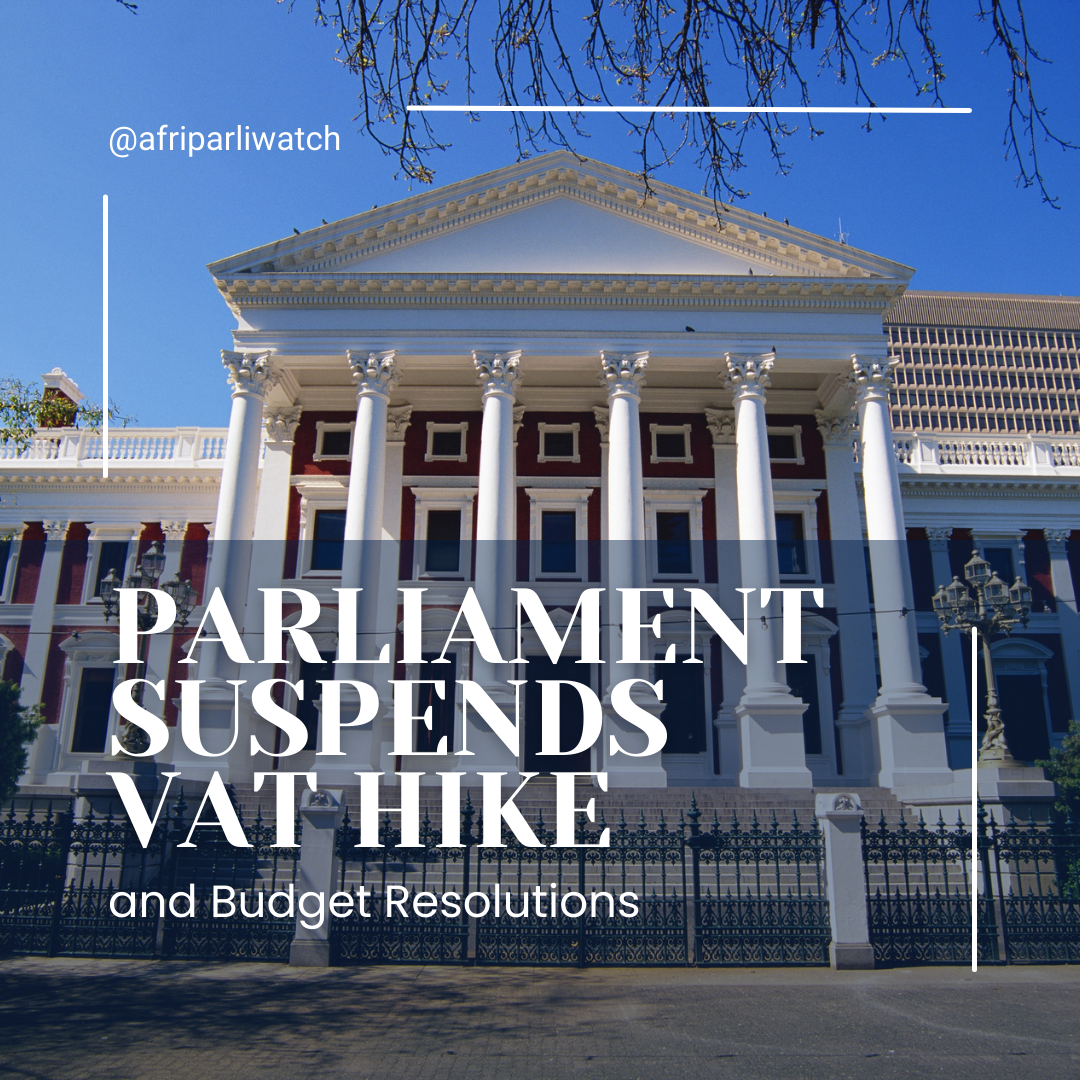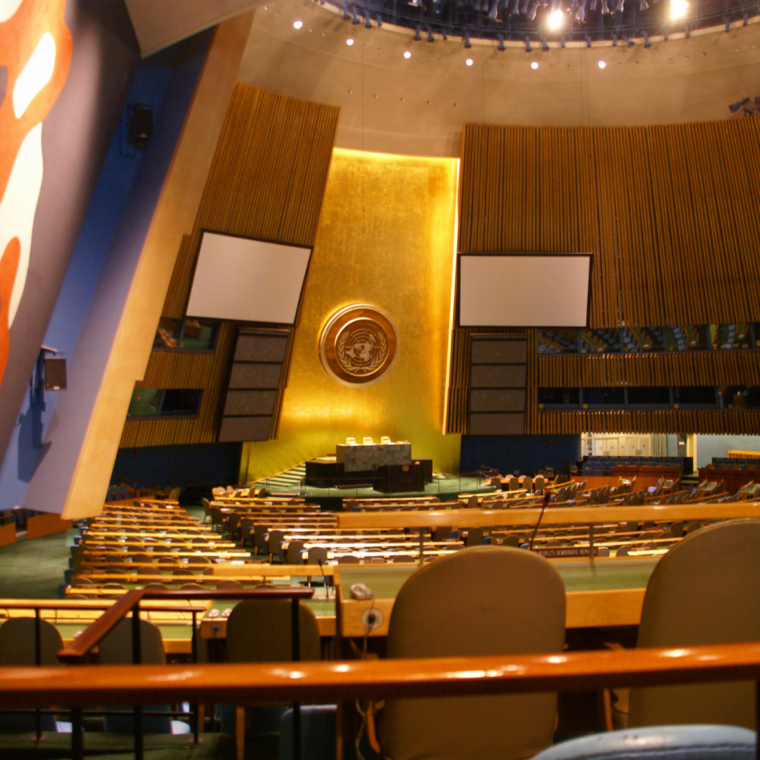29 April 2024
On 27 April 2025, Parliament reached a significant out-of-court settlement regarding the controversial Value-Added Tax (VAT) increase and the 2025 Fiscal Framework. This agreement, endorsed by the Cape High Court, suspends the VAT hike and sets aside key budget resolutions—effectively clearing the way for a revised National Budget. Here’s a breakdown of what happened, why it matters, and what comes next.
Key Outcomes of the Court-Endorsed Agreement
-
Suspension of VAT Increase: The planned two-phase VAT hike (starting 1 May 2025 and April 2026) is on hold until proper legislation is passed or a court ruling concludes the matter.
-
Fiscal Framework Nullified: Parliament’s April 2 resolutions approving the 2025 Fiscal Framework are set aside, enabling a fresh budget process.
-
Legal Certainty Achieved: The agreement was made an order of court to ensure enforceability and eliminate ambiguity over the VAT rate and budget framework.
Why a “Court Order” If It Was Settled Out-of-Court?
Though the matter was settled privately between the parties, the agreement was made a court order to make it legally binding. This move followed the Finance Minister’s withdrawal of opposition to the Democratic Alliance’s legal challenge and was a strategic step to resolve the issue swiftly without waiting for lengthy litigation.
Why Was a Court Order Legally Necessary?
Despite public announcements to halt the VAT increase, legal processes required either:
-
A new bill passed and signed into law before 1 May, or
-
A court order to officially suspend the previous resolutions.
Given the tight timeline and ongoing litigation, a court order was the only practical route to prevent the automatic VAT hike.
Why Was a Costs Order Included?
This wasn’t punitive. Legal costs were included as part of the settlement to acknowledge expenses incurred by parties like the Democratic Alliance. It was a pragmatic choice to avoid prolonged court battles and resolve the matter conclusively.
Did Parliament Admit to Procedural Errors?
No. Parliament maintains that its processes were constitutionally sound. The settlement reflected a practical response to the Finance Minister’s changed fiscal stance, not a concession of wrongdoing.
Why Was the Original Fiscal Framework Set Aside?
Because the Minister withdrew the key budget bills and introduced new legislation (maintaining VAT at 15%), the original Fiscal Framework no longer reflected current fiscal policy. Setting it aside allows for a coherent and updated budget presentation.
When Is the New Budget Expected?
Parliament is working with the Executive to set a date, expected in the coming weeks. The revised budget must be processed by the end of July 2025, per legal requirements.
Will Parliament Meet Budget Deadlines?
Yes. Parliament has until 31 July 2025 to adopt the budget and is prepared to expedite processes to meet this deadline and ensure uninterrupted government operations.
Impact on Parliamentary Programme and Budget Votes
The previous budget votes are invalidated due to the withdrawal of the Appropriation Bill. A new Budget Speech will introduce fresh instruments, and votes will be rescheduled accordingly.
Will a New Budget Speech Cost More?
No. Unlike the ceremonial State of the Nation Address, the Budget Speech occurs during a regular parliamentary sitting and incurs no additional costs. It will be handled within existing logistical and financial frameworks.
Conclusion
This settlement highlights the resilience of South Africa’s constitutional democracy. Parliament acted decisively to protect fiscal integrity, legal certainty, and public services. With a renewed focus on transparency and cooperation, the revised budget process is poised to proceed smoothly.
🎧 Listen to Parliament’s spokesperson, Moloto Mothapo, explain the developments here: Download Soundbite





